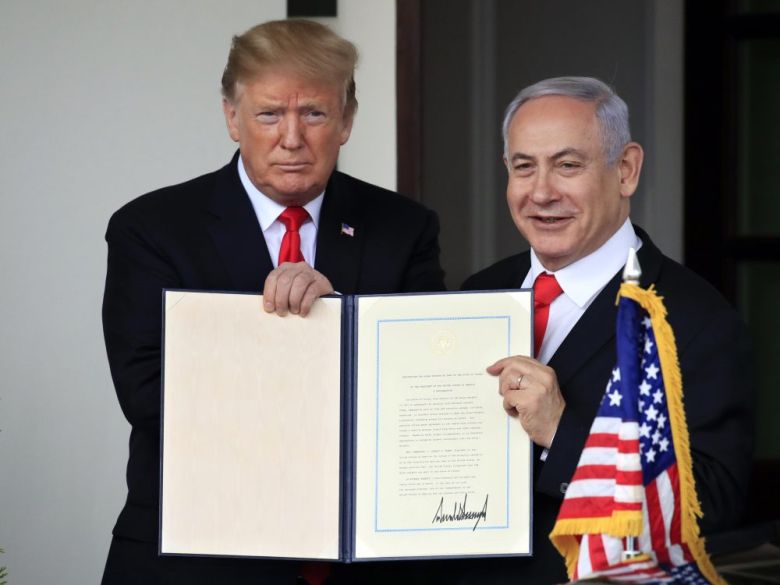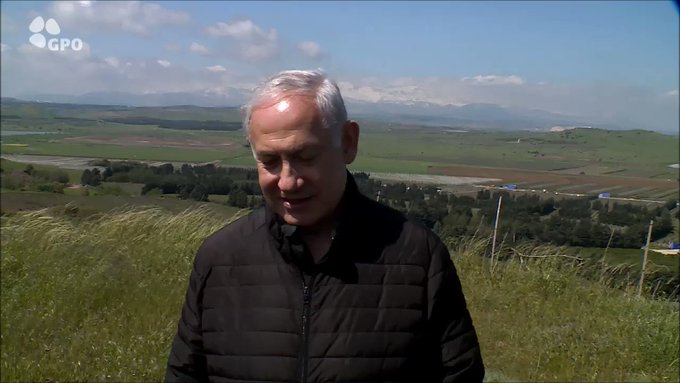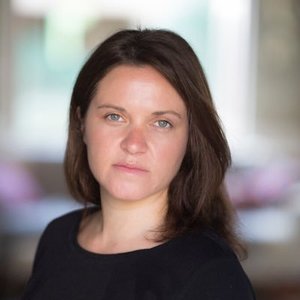Three weeks before Israel’s closely fought election, President Donald Trump gave incumbent Israeli Prime Minister Benjamin Netanyahu a political boost by recognizing the Golan Heights as Israeli territory.
Now Netanyahu, who ended up winning another term, says he wants to repay the U.S. president: by naming a new settlement there after him.
“All Israelis were deeply moved when President Trump made his historic decision to recognize Israel’s sovereignty over the Golan Heights,” Netanyahu said in a video released by his office Tuesday. “Therefore, after the Passover holiday I intend to bring to the government a resolution calling for a new community on the Golan Heights, named after President Donald J. Trump.”
Prime Minister Benjamin Netanyahu, his wife Sara and their sons Yair and Avner toured on the Golan Heights including the Saar stream and Nimrod's Fortress. They also rode ATVs at Merom Golan and visited Mt. Hermon.
It’s another sign of the flourishing political relationship between Netanyahu and Trump, whose political rhetoric and actions often appear to mirror each other as they mutually lavish praise. When visiting Washington in March for the official signing of U.S. recognition of the Golan Heights as Israel, Netanyahu declared that Israel had never had a better friend in the White House.
During a briefing on the plane while returning to Israel, a senior Israeli official pointed out that it was an important precedent, which showed that holding on to occupied territory gained in a “defensive war” can be justified.
The Golan Heights, a lush raised plateau between Israel and Syria, was captured by Israeli forces during the 1967 war, which began after Israel launched a preemptive strike when neighbouring Arab countries mobilized forces at the borders. The area was formally annexed by Israel in 1981 in a move not recognized by the United Nations or much of the international community.
But Israel has argued that handing back the territory, used by Syria as a shelling position, would be a strategic threat. Just over half the population is constituted of Arabic-speaking Druze, who live alongside Israelis who have settled there since 1967.




























